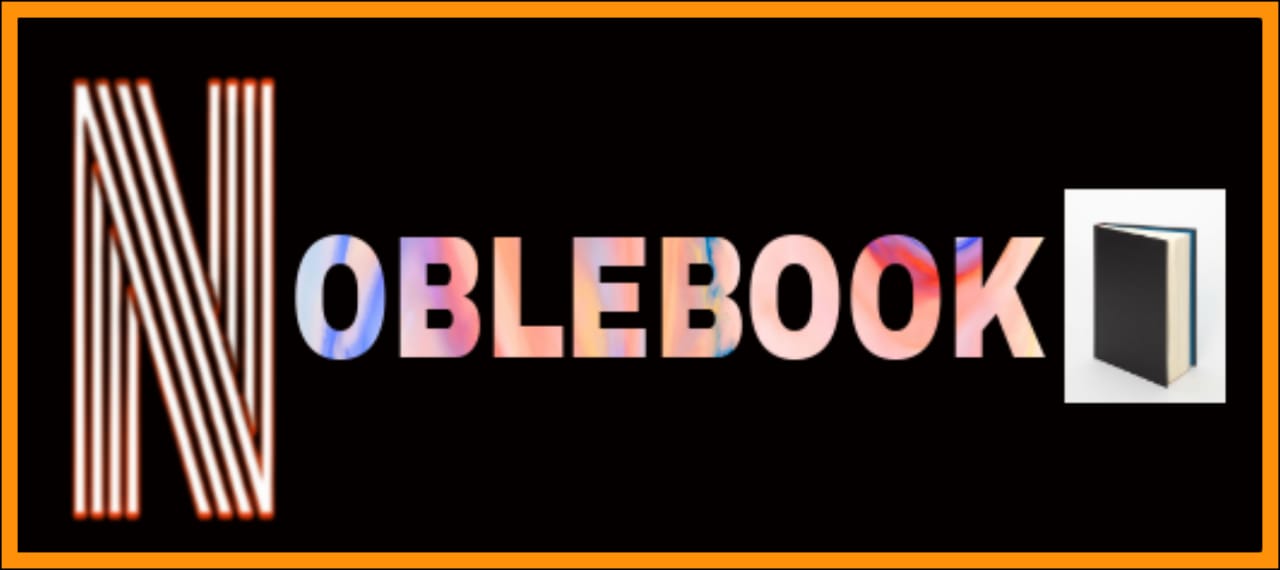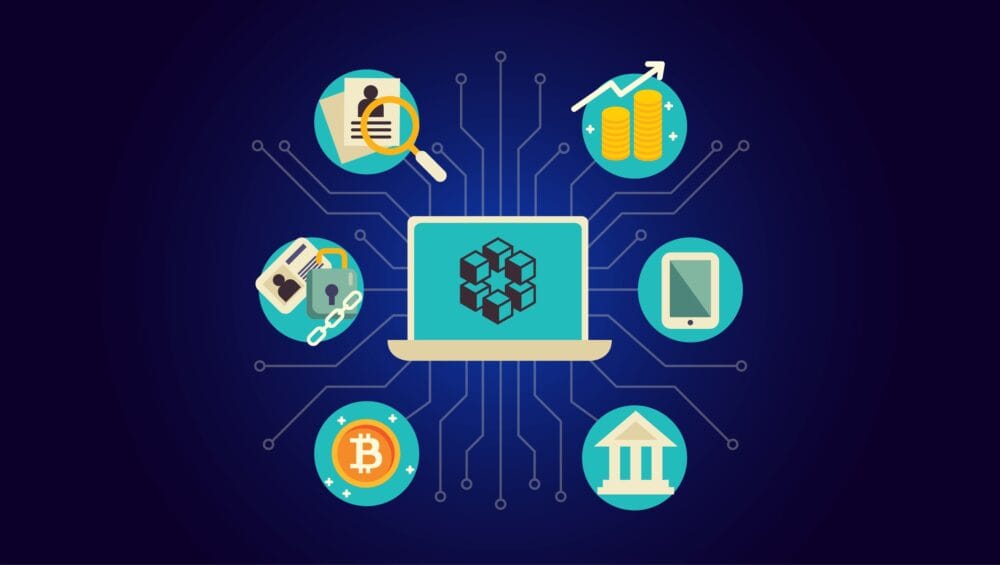contents
Introduction blockchain definitions and types
How can blockchain be used in different applications?
Top 5 Examples of How Blockchain Technology is Transforming Business.
How blockchain uses cryptocurrency to revolutionize smart contracts, financial services, games, supply chain, and domain name industries.
How to Use Blockchain Wallet for Security.
How to Mine Blockchain Machine A Step-by-Step Guide.
The Future of Technology Deep Study of Blockchain and Cryptocurrency.
The following are the top five examples of how blockchain technology is being used in the business world today, and what each of these examples has contributed to the advancement of the industry. Which industries do you think will be impacted most by blockchain tech? Let us know in the comments!
1) Supply Chain Management
More than two-thirds of global companies plan to implement blockchain by 2020. Supply chain management is one area where businesses are thinking up ways to employ blockchain technology. By introducing transparency and automation into supply chains, businesses can reduce costs and increase efficiency. Here are a few examples of how blockchain technology can be used for supply chain management
2) Real Estate Market
The real estate market has seen how blockchain technology can positively affect transactions. The blockchain keeps records of every single transaction that ever occurred, which makes it almost impossible to falsify them. The public nature of these records could be beneficial for buyers and sellers in a market like real estate. It’s often said that all business is local, and there’s no need to worry about whether or not your identity will remain private when you buy or sell the property.
3) Finance
Any company or institution that conducts financial transactions can benefit from implementing blockchain. The first use case was in banking when SWIFT (Society for Worldwide Interbank Financial Telecommunication) used blockchain technology to speed up transaction times and reduce costs. Banks are also using blockchain technology to record loans between one another on a private ledger, which reduces redundant paperwork and cuts costs even further.
4) Voting System
The idea behind blockchain voting seems to be a simple and secure way to ensure that votes are counted fairly and that they are not tampered with after they have been cast. And, while there may still be some kinks to work out, we could be seeing an entirely new type of election in our lifetime.
5) Healthcare
Due to its transparent, secure and tamper-proof nature, blockchain technology has been predicted to be able to transform healthcare. The way that doctors, patients and health insurance companies interact could all change as they gain access to a system that offers greater security and efficiency. The most significant benefits are expected from using blockchain technology in managing medical records such as providing easy access for patients with chronic conditions or who need regular follow-ups. (Blockchain)








